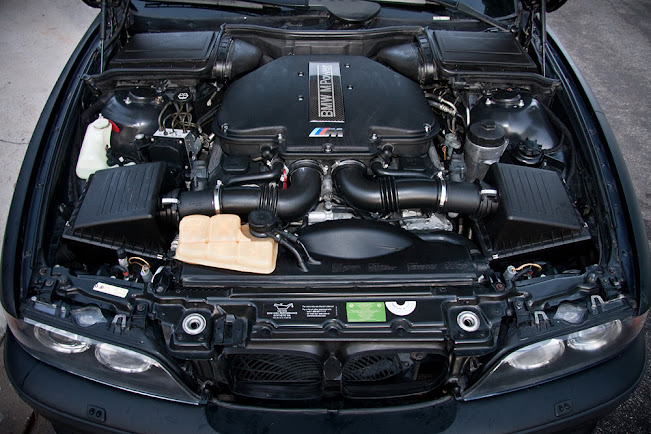Car Engine Maintenance Tips to Keep Your Car Brand New
If you've ever had an expensive car, then you know how much money it costs to keep it in tip-top shape. Even if you're not driving a luxury car, though, you still want your vehicle to last as long as possible. So, what are the best engine maintenance tips for making sure that your ride stays brand new?
You can keep your car brand new with these engine maintenance tips!
1) Keep your engine clean. And if you are using BMW, you can let your BMW 118D 2008 engine be reconditioned from the company. You don't have to spend a lot of money on fancy cleaning products; just be sure that you don't leave oil or grease on the engine block. A simple degreaser will do the trick.
2) Check your oil regularly and replace it when necessary—this is especially true if you live in an area with harsh winters or hot summers because these conditions can affect how quickly oil breaks down over time.
3) Change out your engine air filter every 15,000 miles (24,000 km). If you drive more than this amount annually then consider investing in synthetic oils instead of conventional ones since they tend not to break down as fast (and thus require less frequent replacements).
4) Get regular tune-ups. Most cars need a tune-up around 100k miles (160k kilometres) but check with it every then and now.
5) Make sure the garage is always stocked with most of the handy tools. Only let mechanics who wear white gloves touch your vehicle.
6). When your car needs maintenance, take it to the car shop (company) where you bought it and have them do it as quickly as possible so that they can return the vehicle to its former brand-new state ASAP!
One of the encouraging aspects of modern automobiles is that they require considerably less regular upkeep to function properly. Changing the spark plugs, breaker points, and condenser used to be a seasonal chore, and body rust was recognised as a natural if unwelcome, byproduct of age. Many spark plugs may now last 100,000 miles before needing to be replaced. The points and condenser have been replaced by electronic ignition. Chassis, suspensions, and even certain gearboxes are permanently lubricated. Furthermore, manufacturer rust-through guarantees are often six years or longer. Furthermore, dependability has substantially improved.
Use a reliable wheel gauge to check the inflationary pressures in each tire, including the spare, once a month and before any long road journeys. When the tires are cold, do this (before the vehicle has been driven or after no more than a couple of miles of driving). Use the manufacturer's suggested inflation pressure rather than the maximum pressure stamped on the tire's sidewall. The required pressure is often shown on a plaque on the front doorjamb, in the glove compartment, or in the owner's handbook. Inspect tires for excessive or uneven wear, cuts, and any visible sidewall bulges. This way you can save a lot of money and your car.


.jpg)

Comments
Post a Comment